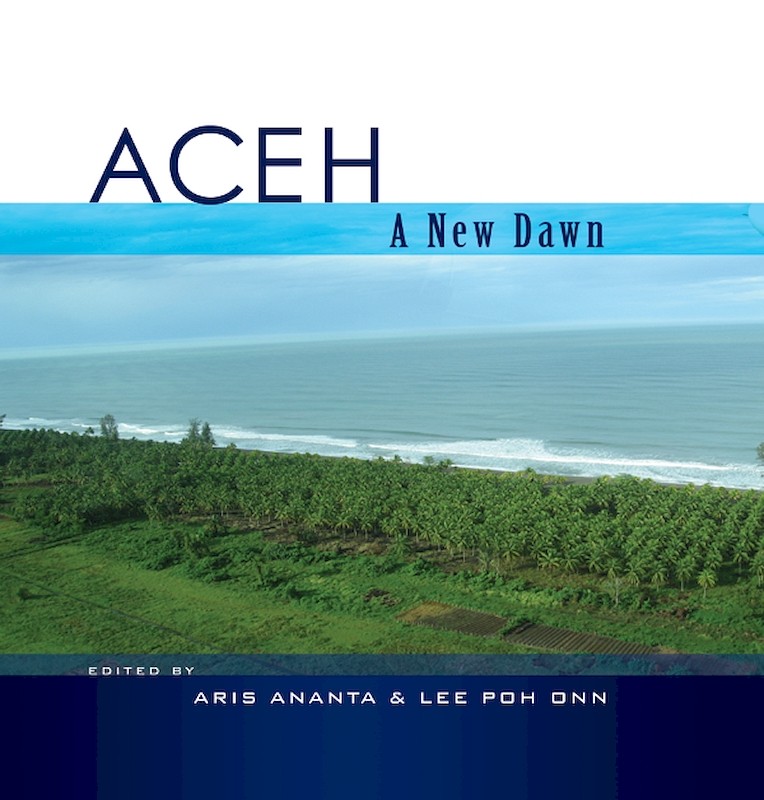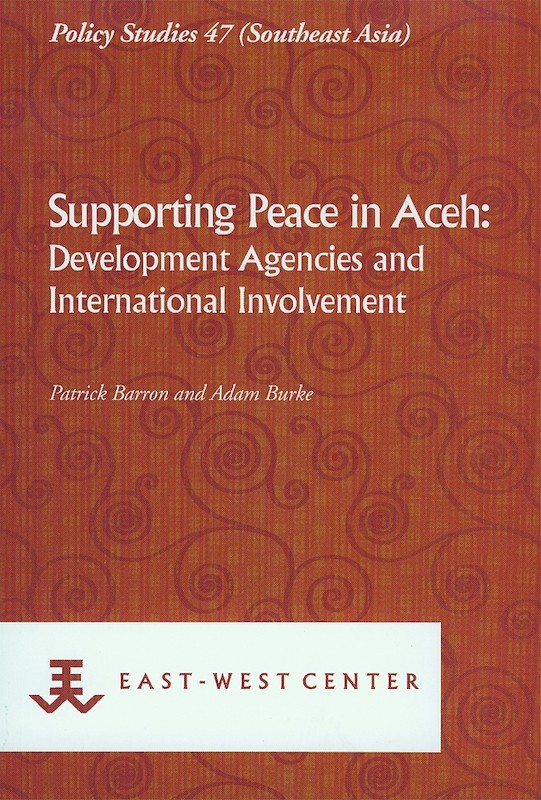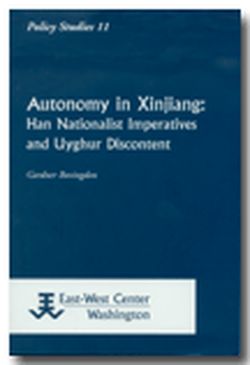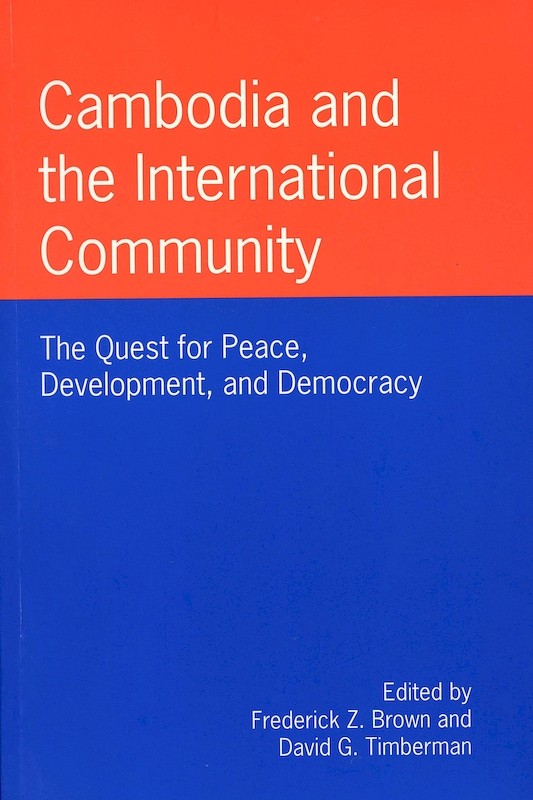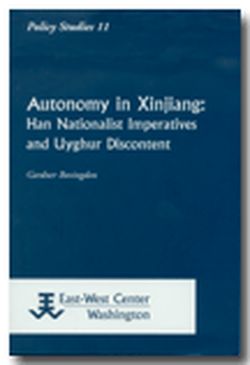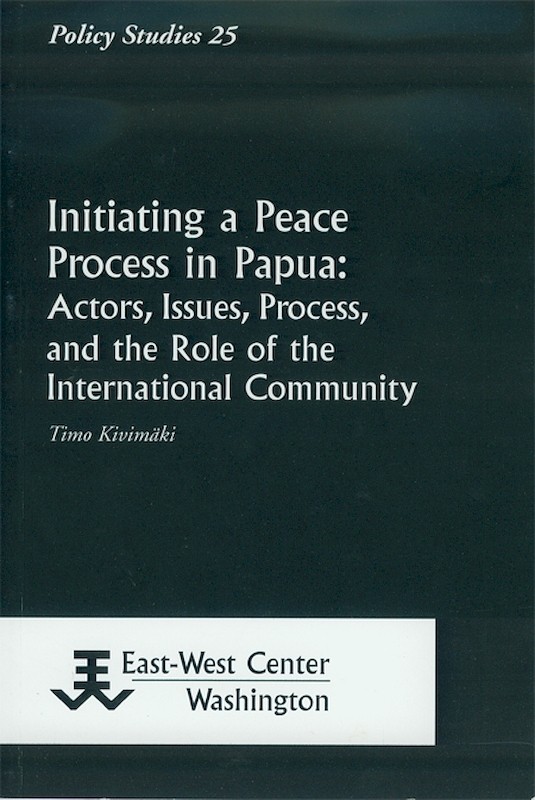Aceh: The Role of Democracy for Peace and Reconstruction (2nd edition)
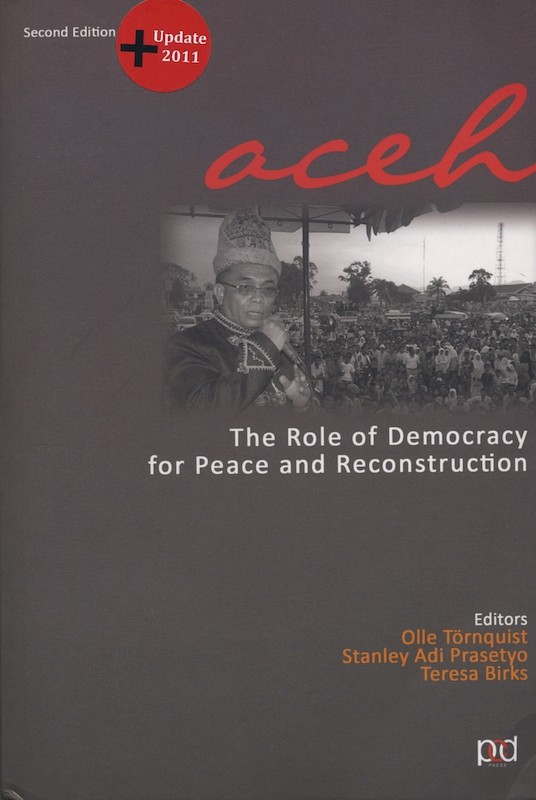
Date of publication:
2011
Publisher:
PCD Press
Number of pages:
431
Code:
PCD1
About the publication
While the aftermath of the December 2004 tsunami added to the problems of civil war in Sri Lanka, a miraculous transition from conflict and disaster to peace and new development evolved in Aceh, the rebellious Indonesian province on the northern tip of Sumatra. Most remarkably, as shown in this book, the miracle was largely due to democratization. For once, the combination of international intervention and local popular engagement paid off. Why was this possible? How can the process be sustained? In this book, senior scholars and grounded researchers provide answers in comparative and theoretical perspectives.
The promising changes in Aceh fly in the face of conventional wisdom and theoretical predictions. The dynamics refute the increasingly common conclusion by experts, donors, and politicians such as the former Indonesian Vice President Jusuf Kalla, that there is a need to constrain democracy because too many freedoms and elections are likely to generate more conflict and abuses of power. Yet this does not mean that Aceh provides unconditional support for the converse idea of peace by liberal democracy and markets. This book shows instead that peace was social democratic in character, based as it was on strong politics, regulation of big business, the transformation of conflict within a democratic framework, and people's capacity to use and improve the new institutions.
This book also shows, however, that it is difficult to sustain these positive dynamics. As in so many other post-colonial processes, the transitional arrangments often breed special privileges for the well connected rather than democratic control of public affairs. Profitable instead of democratic peace is thus gaining ground. And the 2009 elections have de facto fostered a power-sharing agreement between Jakarta and the old rebel leaders at the expense of the inclusive democracy that was negotiated by Ahtisaari. Can the latter be resurrected?
This is a book for scholars, students, and practitioners alike, wishing to learn about the problems and options of promoting peace and development by way of democracy.
The promising changes in Aceh fly in the face of conventional wisdom and theoretical predictions. The dynamics refute the increasingly common conclusion by experts, donors, and politicians such as the former Indonesian Vice President Jusuf Kalla, that there is a need to constrain democracy because too many freedoms and elections are likely to generate more conflict and abuses of power. Yet this does not mean that Aceh provides unconditional support for the converse idea of peace by liberal democracy and markets. This book shows instead that peace was social democratic in character, based as it was on strong politics, regulation of big business, the transformation of conflict within a democratic framework, and people's capacity to use and improve the new institutions.
This book also shows, however, that it is difficult to sustain these positive dynamics. As in so many other post-colonial processes, the transitional arrangments often breed special privileges for the well connected rather than democratic control of public affairs. Profitable instead of democratic peace is thus gaining ground. And the 2009 elections have de facto fostered a power-sharing agreement between Jakarta and the old rebel leaders at the expense of the inclusive democracy that was negotiated by Ahtisaari. Can the latter be resurrected?
This is a book for scholars, students, and practitioners alike, wishing to learn about the problems and options of promoting peace and development by way of democracy.
Co-publication: PCD Press
Published by PCD Press in Indonesia. Available exclusively from ISEAS for worldwide distribution excluding Indonesia.

